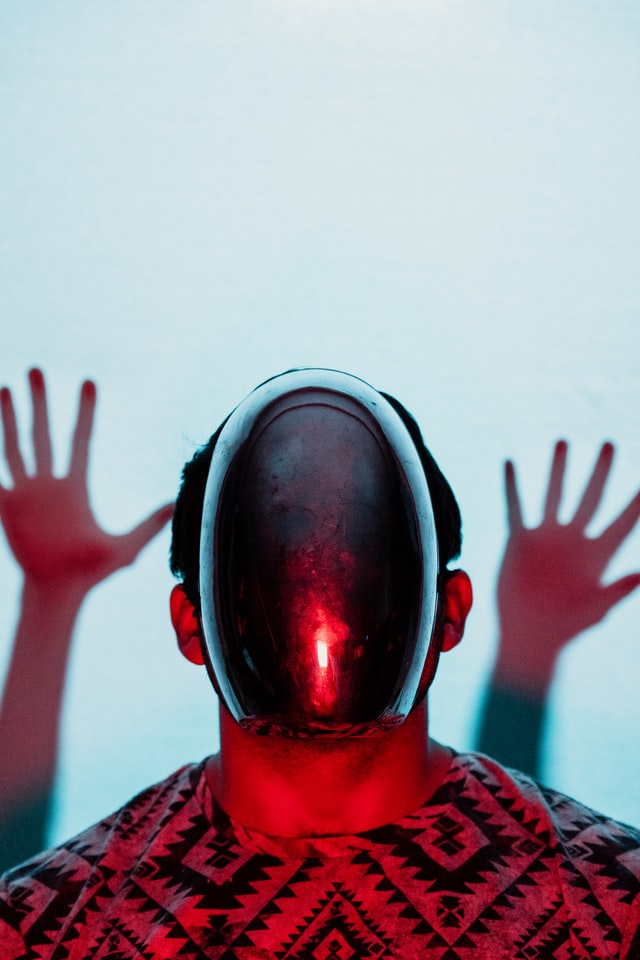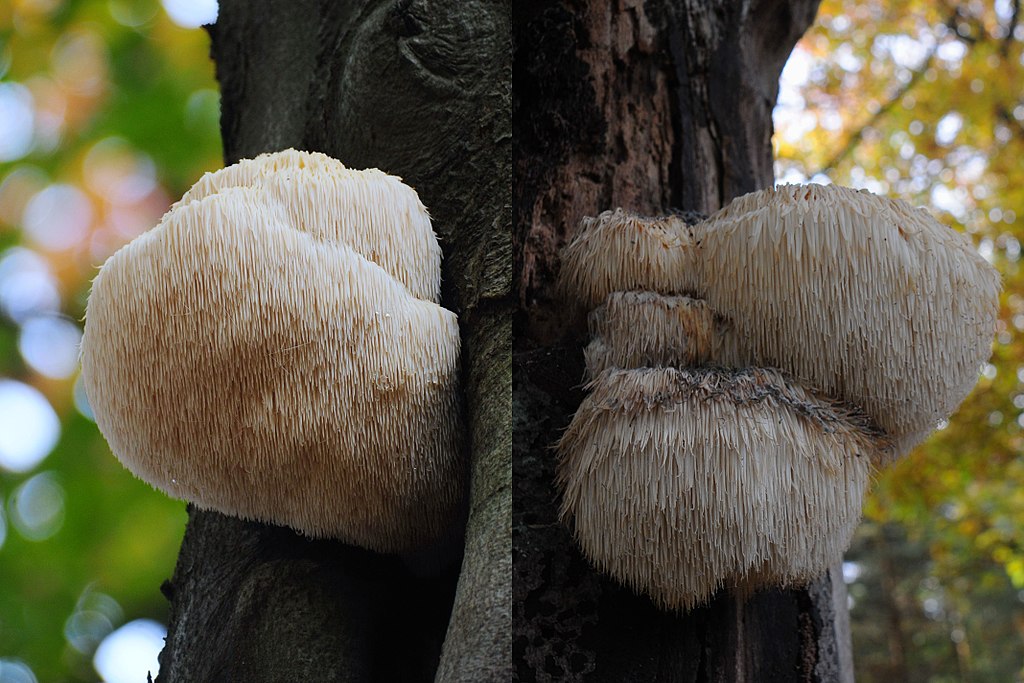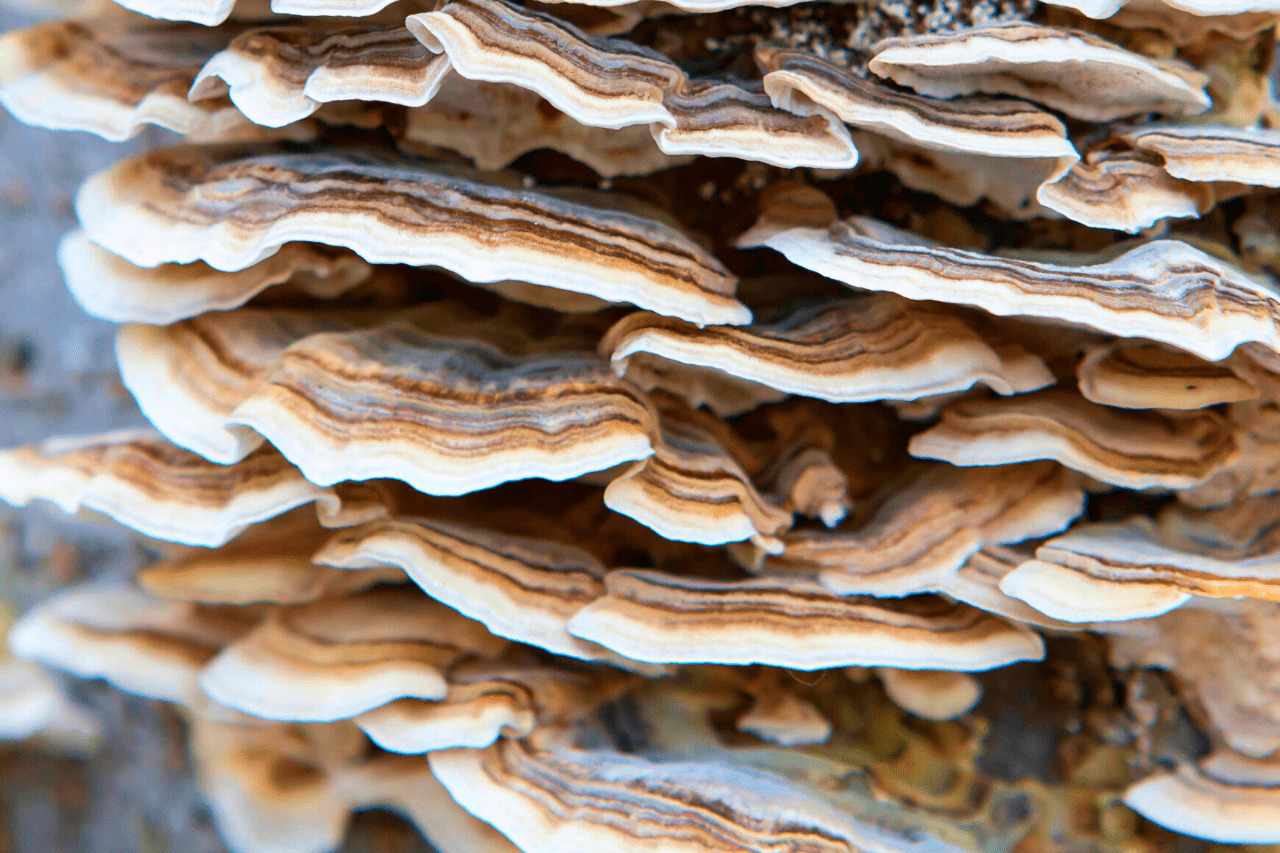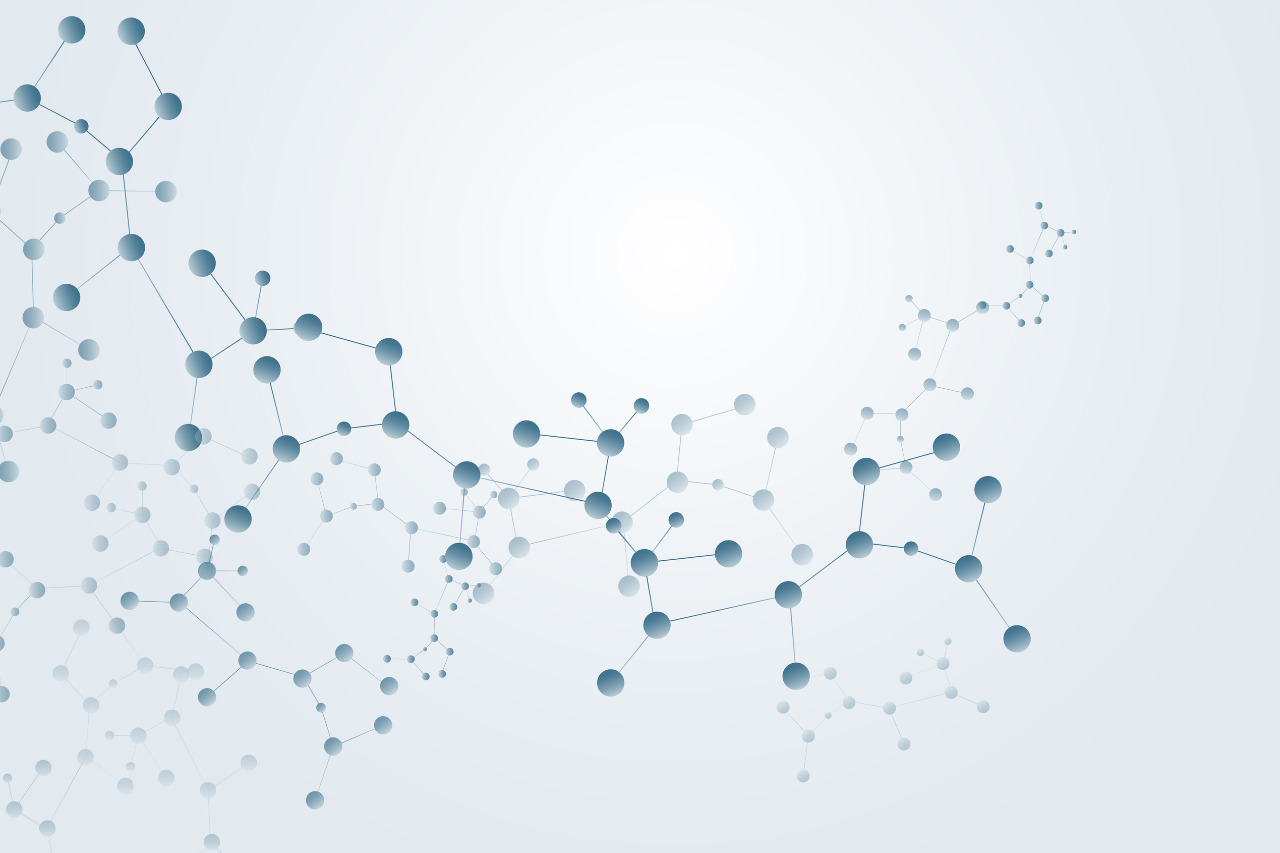
Treating Mental Disorders with Psychedelics
DISCLAIMER: * The objective of this article is specifically for speculation on how we can treat mental disorders with psychedelics. I do not condone or
Microdosing takes place when a person consumes small quantities of mind-altering substances. The goal of doing it is to improve thought processes without affecting your body the same way a recreational dose would.The practice has become a growing trend–with advocates all over the world saying there are many benefits to doing it.
Meanwhile, devotees are saying that taking crumb-sized dosages of LSD enhances brain performance. This drug of choice is definitely in for certain circles within the Silicon Valley crowd, too,who avidly swear by its effectiveness as a neuro-enhancer. In fact, there is enough buzz around the technique to spawn anew generation of microdosing coaches and consultants, along with their self-help books.
Likewise, entire industries such as Paul F.Austin’s Third Wave are centered on the purported benefits that popping minuscule amounts of acid provide.These psychonauts all say that doing it will revolutionize your life. However,does microdosing LSD really make you smarter or can we just chalk it up to savvy marketing?
Hallucinogens reigned supreme during the 50s and 60s, and they are having a bit of resurgence due to the public’s softening attitude on drugs. Research drugs such as magic mushrooms received an acknowledgment as a potential anti-depressant by the US Food and Drug Administration (FDA), and some states are making major pushes for decriminalization of the substance, commonly known as ‘shrooms.
One hallucinogen that has proven therapeutic benefits,and is available for use today is used in Spravato nasal spray. Available since 2019, Spravato contains esketamine, which is ketamine in hydrochloride form. Spravato is used together with an oral antidepressant to treat depression in adults resistant to conventional
Research that brought Spravato to fruition, much like other numerous clinical studies on psychoactive substances, focuses on full doses –say close to what you would get from a full recreational dose. There aren’t many studies surrounding microdosing today, and much of what we know about their effects and benefits are based on the collective experience the micro dosing community has reported(anecdotal evidence). Until recently, the effects of sub threshold doses of LSD had not been tested in a controlled laboratory setting.
One clinical study on microdosing conducted by the Beckley Foundation in 2019 looked at its potential for therapeutic applications. In the study, they investigated the temporary effects of differing amounts of small doses of LSD and then tracked how the doses influenced participant’s mood, pain tolerance and cognitive functions. At the end of the study, the researchers said the results were groundbreaking, even having implications for the treatment of Alzheimer’s disease.
The results were so promising that the Beckley/Maastricht Programme announced they would be conducting future studies.
The University of Chicago Department of Psychiatry and Behavioural Neuroscience published an article about their 2019 study, which was the first double-blind and placebo-controlled study of its kind ever conducted on LSD microdosing.
At the end of the study, the article states that, despite all the anecdotal evidence,researchers found that taking minuscule amounts of acid doesn’t do much more than make you a little high.That research,led by University of Chicago professor Dr. Harriet DeWitt,was conducted in the same year (2019) that the Beckley Foundation study took place.
The researchers in the Chicago study said that acid produced subjective effects across doses of 61/2, 13, and 26 μg. At the highest dose, this research chemical increased vigor and slightly decreased positivity ratings in subjects who were presented pictures with positive emotional themes. They also said that other mood and physiological measures, along with cognition were unaffected.
Professor DeWitt told PsyPost that the study might not accurately show how people are microdosing LSD in the real world. She explained that “the new study only represents the first step into research on microdosing LSD. Most people who microdose LSD do so on a frequent —sometimes daily —basis. Future research should examine whether the beneficial effects emerge only after repeated administration.”
De Wit also said that it is possible that microdosing lysergic acid diethylamide may have different effects on patients struggling with mental health issues. She added that “this type of study may improve our understanding of the psychological and neural processes that underlie negative mood states and depression. We are seeking support to fund additional studies.

DISCLAIMER: * The objective of this article is specifically for speculation on how we can treat mental disorders with psychedelics. I do not condone or

Self care; a perhaps oversaturated concept that marketing companies have exploited. To many, self-care looks like taking a bubble bath, or doing a face mask.

Smart people love drugs… It is science-literally! After 40+ years of research, a team of British scientists were surprised to learn that people with higher

Lion’s Mane is a culinary and medicinal mushroom, and like many other edible fungi, they have essential nutrients and important health benefits. However, this particular

Written by Sydney Waldner Let me introduce you to the holy grail of medicinal mushrooms; Turkey tail. If you are a forest lover, there

Stress, anxiety, muscle tension… It can all be overwhelming, especially when piled on top of one another. We all experience these things at one
GET 10% DISCOUNT WITH NOTIFIED ABOUT THE LATEST NEWS AND UPDATES. NO SPAM, WE PROMISE!
FREE Tracked shipping on orders over €250 to EU countries.
Monday- Friday 8.30am- 5pm (CET)
A range of options available
Guaranteed delivery or your money back